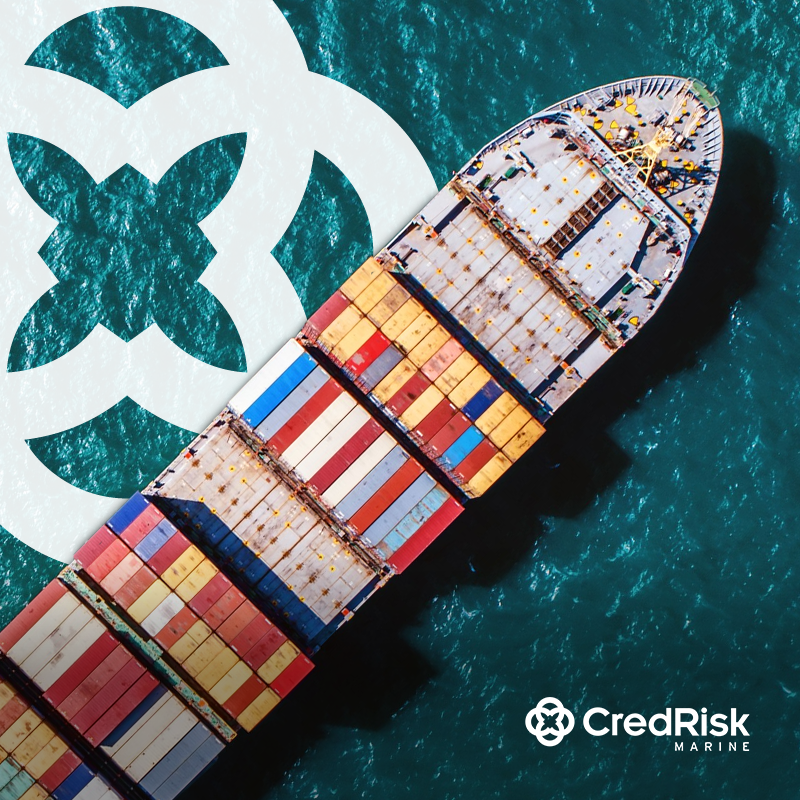
According to Transportation insurance conditions, whenever imported merchandise, on discharge, shows evidence or signs of tampering and average, the shipment consignee, importer or respective customs agent must immediately report the occurrence to the insurer prior to customs clearance and/or prior to removal of the merchandise from the primary port area.
Following the receipt of a notice of loss, the Insurer requests its representatives, surveyors, and loss adjusters to monitor the whole claim process, to conduct a survey, if necessary, and to give instructions about the procedures to be adopted by the insureds.
Letter of Protest
The Letter of Protest or Protest is among the documents required by the insurers to complete a claim file, it is a document stipulated by law, as per article 754 of the Civil Code.
The legal deadline for the filing of a letter of protest is ten running days from the date of discovery of the evidence of average, which often is characterized by the data entered in the Mantra/TFA (Integrated Transit and Storage Management System of the Federal Revenue Service), rather than by physical visualization of the merchandise.
The Letter of Protest should be sent to the carrier, warehouse keepers, cargo terminals and cargo agents, as the case may be or liability may attach.
What happens if a Letter of Protest is not issued?
The insurance contract involves rights and obligations, and among the Insured’s obligations is the duty to protect the Insurer’s right of recovery against the party responsible for the damage indemnified.
The Forfeiture Clause contained in the general conditions of the International Transportation insurance policy establishes that the Insurer shall be exempt from any obligation arising from the insurance contract, if the insured fails to comply with any of the obligations agreed in the policy, such, as for instance, failure to send the Letter of Protest or sending it after the 10-day legal deadline counted from the date on which the Insured became aware of the facts, until effective receipt by the protested party.
Art. 754. The merchandise shall be delivered to the consignee or whoever presents the bill of lading duly endorsed, and the receiving party shall check the merchandise and report any complaints that he may have, on pain of forfeiture of rights.
Single paragraph. In the case of a partial loss or average that is not readily identifiable, the consignee preserves his right of action against the carrier, provided he reports the damage within ten days from the date of delivery.
If any reservation is entered, the carrier or the consignee shall reply and accept liability or indicate actual facts showing that the mentioned average was pre-existent or in the case of average occurring during the course of transportation or storage, present evidence in only three situations: fortuitous event, force majeure or inherent vice of the merchandise – otherwise, he shall become legally liable for the damage. It should be pointed out that the carrier’s silence works against him.
The Insurer’s Right of Recovery
According to jurisprudence issued by the Court of Law of the State of São Paulo (TJSP), the abovementioned procedure applies to the relationship between the shipper and the carrier, and does not affect an Insurer’s recovery action following payment of the loss. We indicate two rulings, whose summaries we do not include in this text, in order not to overburden it. The contents of these rulings can be found on the TJSP website. Files 1007460-85.2018.8.26.0100 and 1091697-86.2017.8.26.0100.
Whereas the Insurer’s right of action for recovery is governed by Article 786 of the same Code, under its opening paragraph combined with the 2nd Paragraph, as transcribed below:
Art. 786. Upon payment of the indemnity, the insurer is subrogated, within the limits of the respective amount, to the rights and actions that the insured may have against the party responsible for the damage:
- 2nd – Any act of the insured that reduces or extinguishes the rights to which this article refers in detriment of the insurer, is ineffective.
Therefore, an insurer’s recovery action against the party responsible for the damage, after payment of the indemnity, is a separate process from the issuance of a Letter of Protest, which is an obligation of the shipper or whoever acts on his behalf.
The recommendation to issue a letter of protest is maintained, in compliance with Article 754 of the Civil Code.
We clarify that the existing jurisprudence does not interfere with the obligations that arise from the legal provisions, rather, it serves to guide discussions that may occur in the event of a loss.
As this is a subject of a technical and legal nature, CredRisk Marine places itself at the disposal of your Logistics, Insurance and Legal Departments, to discuss this matter. Find out more about our services!


